Remember This?
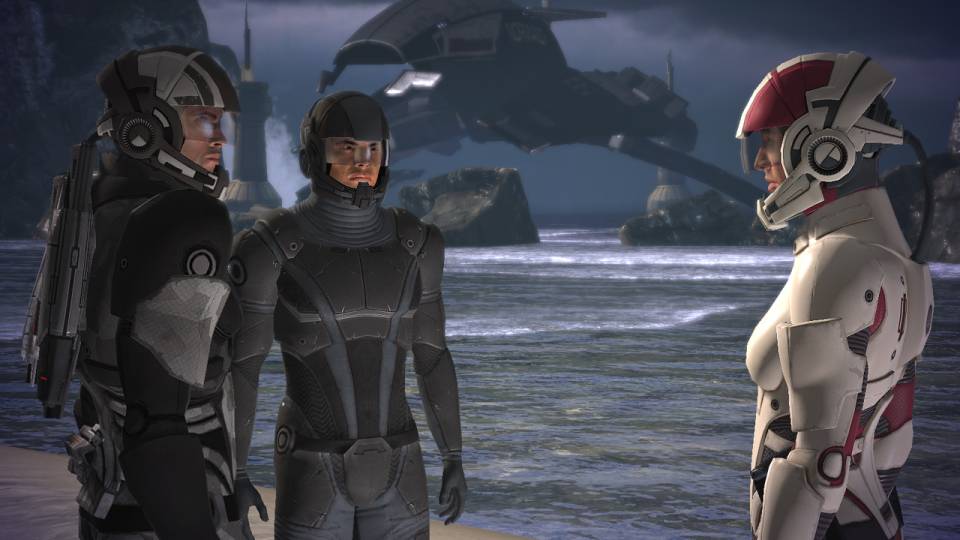
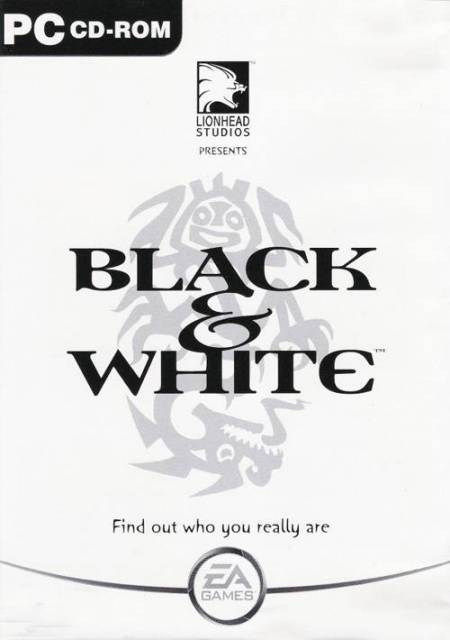
Fast forward to 2001. Another man rises up who would soon become a strong player in the whole Moral Choice area. His name was Peter Molyneux, and his game was Black & White. You may have heard of it. Everything you do is supposed to have an effect. The landscape and UI will morph and change based on how good or evil your character happens to be.
2 Years later, KoToR had come out and so had Fable. Fable being Molyneux's next game, and KoToR being Bioware's. These games were completely different in Moral Systems and implementation, but were in essence extremely similar. The main difference is this, the choices and consequences came out in the form of Dialogue Trees. You couldn't kill people randomly. The game played exactly the same until you entered the dialouge tree and it started to split. Obviously, being a Star Wars game the split widened to combat with the Light/Dark thing that Star Wars has, but the choices were often simply made in these menus. And so were many of the goals. Being evil allowed you to shout at people and scare them and being good allowed you to comfort people and just be nice.
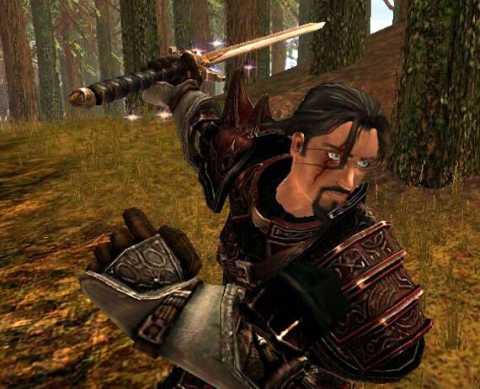
Both systems grew old very quickly, as there were two inherent problems. One more inherent than the other. One, the characters were not very well developed, and this was partly of a fault of the graphics. The faces were simply not expressive enough, there was no real personal consequence. It was harder to make people believe that they were interacting with real people, not just fake NPCs. And two, they were, ironically, Black & White. No middle ground.

Bioshock, on the other hand, had one choice. Repeatedly. Do you go for the immidiate power or do you save a little girl's life. The believability of this shockingly impossible situation was enough to make you agonise over every one, ask yourself if that power is truly worth it. And for a game, this kind of level of immersion in decisions had never happened before.
This last Holiday, Fallout 3 and Fable II were released. Fable II simply extends what Fable started, and the dog provides an emotional attatchment not seen before in many games. In fact, the last choice was one that made even the most hardened "good" player stop and reconsider the choice for the good of that dog. And the consequences were felt among the world that you resided in. Fallout 3, similarly made you make real choices that actually had real consequences. Even in the little things such as pickpocketing. As RPGs, they work well, immersing you in the role of a character. Your character. But RPG's are no longer the only genre that use this, as Bioshock proved. Whatis the best way to implement this system without intruding on the experience, and ruling over your every move, as it does in Fallout and Fable?
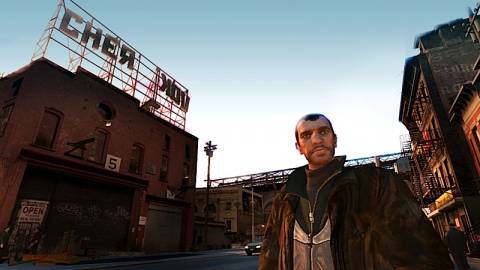
And the consequences are not too great. These huge choices feel like they have consequences, and they do, but they don't force you to play a certain way for the rest of the game, there is no "good/evil meter." For example, when you get to finally meet with your "special someone," the choice doesnt matter in gameplay. But it effects you, simply because you care about the characters.
GTA IV shows how you can add Moral Choices in, make them impactful, without basing your game around them. And it works. The consequences are in your head, and really they don't need to be spelled out in front of you. When you kill an innocent taxi driver, who begs for his live, it takes all the humanity out to get a "-1" pop out on the screen, wheras GTA manages to make you feel slightly guilty for killing a...placeholder NPC. Without ruining the fun or spoiling the feel of the game. And that is quite an achievement.
So Moral Choices. They've come a long way, and I love them in my games. Having to actually make decisions that make me think about the consequences is an achievement on the TV screen, and I really like it. The more games that actually make you care about the world around you and what you do to it, the better. Though as with all good things, imitators wil eventually bring it to another cliche that gets old before its really reached its pinacle.
However, I don't fear the future. I simply await it and hope that it is good.
In Other News...
- I lost "The Game"
- Street Fighter IV may have to stop soon, I will come to my own realisation that I'm not, not really very good.
- They raised the price of Microsoft Points in HMV. Surely that's not possible. Surely.
- Putting awesome double bass drumming over Evan Brass "My Heart Belongs..." song works damn well. I should make a video.
And that's it for today, I'll write something later this week to keep you guys with your "Tylea002 Fix"
See you guys later.
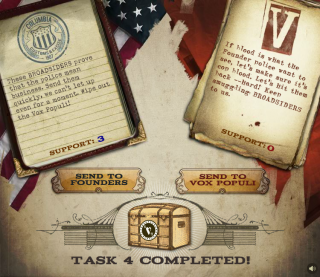
Log in to comment